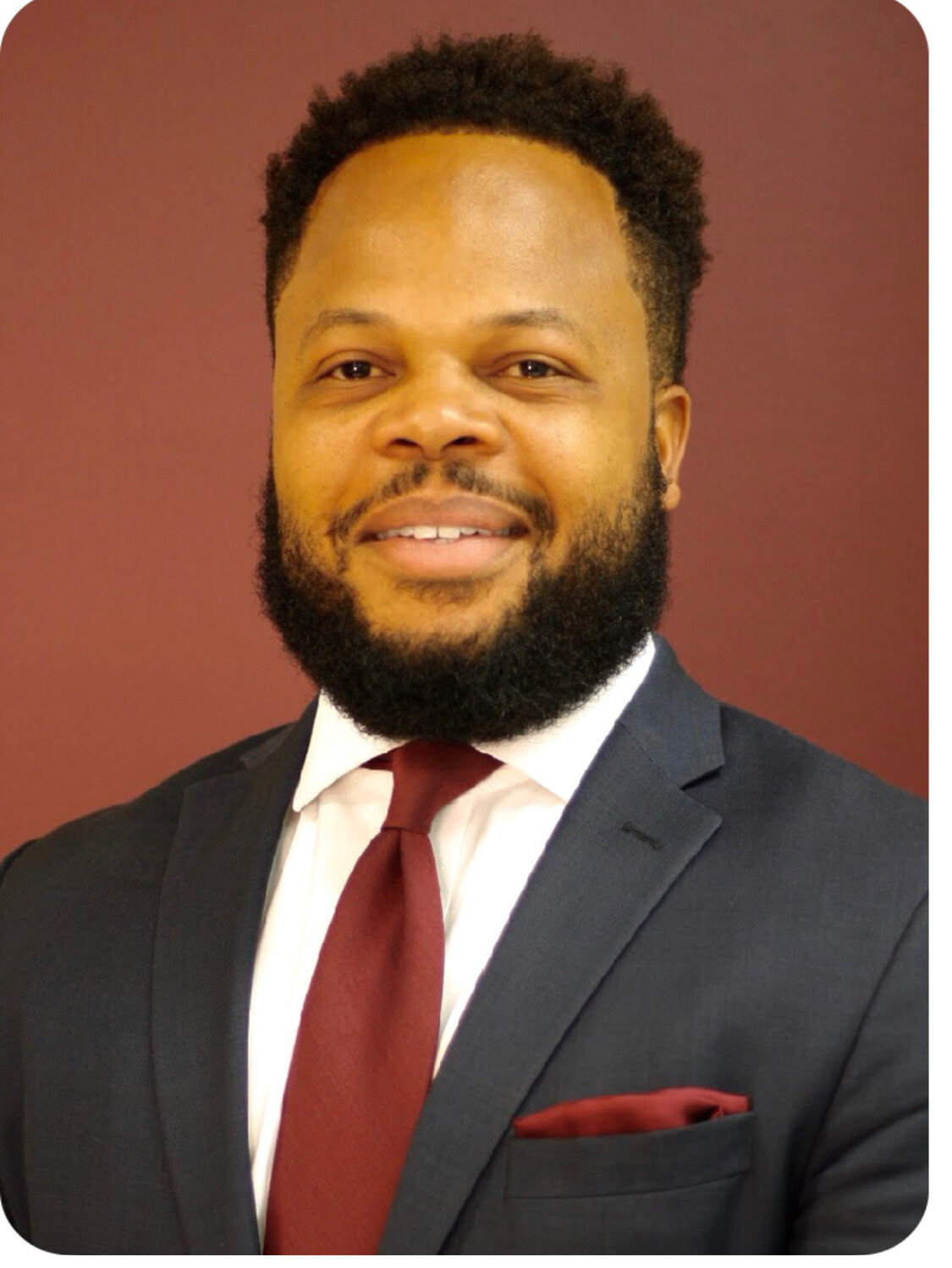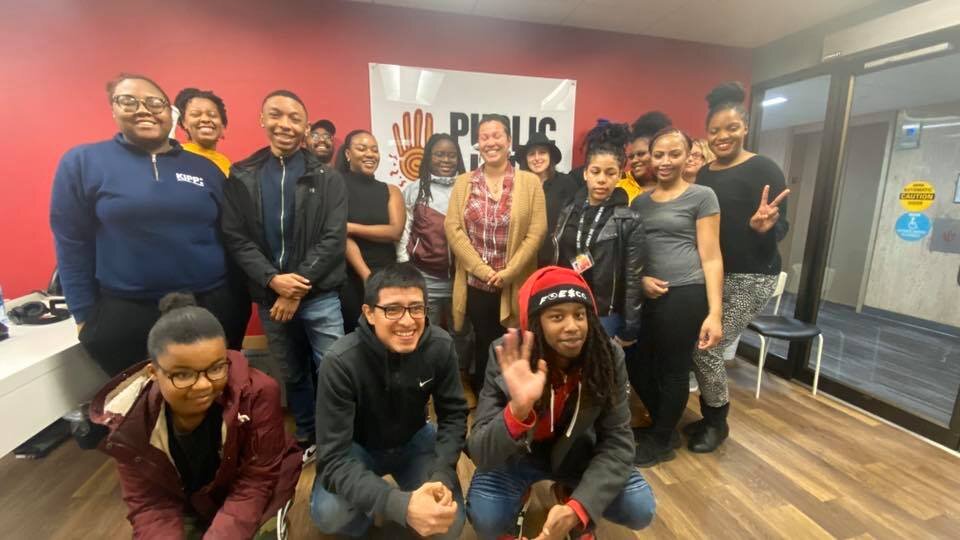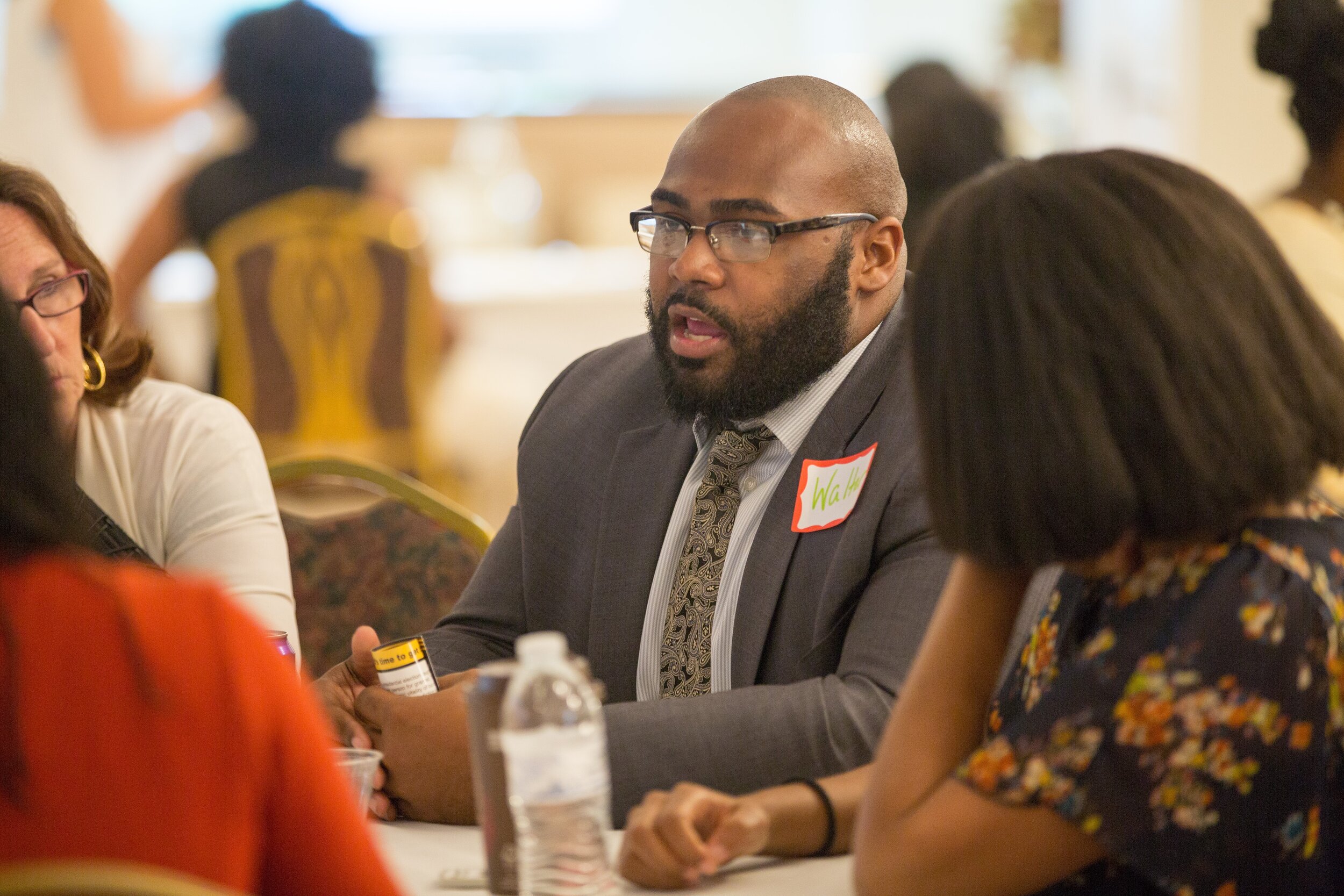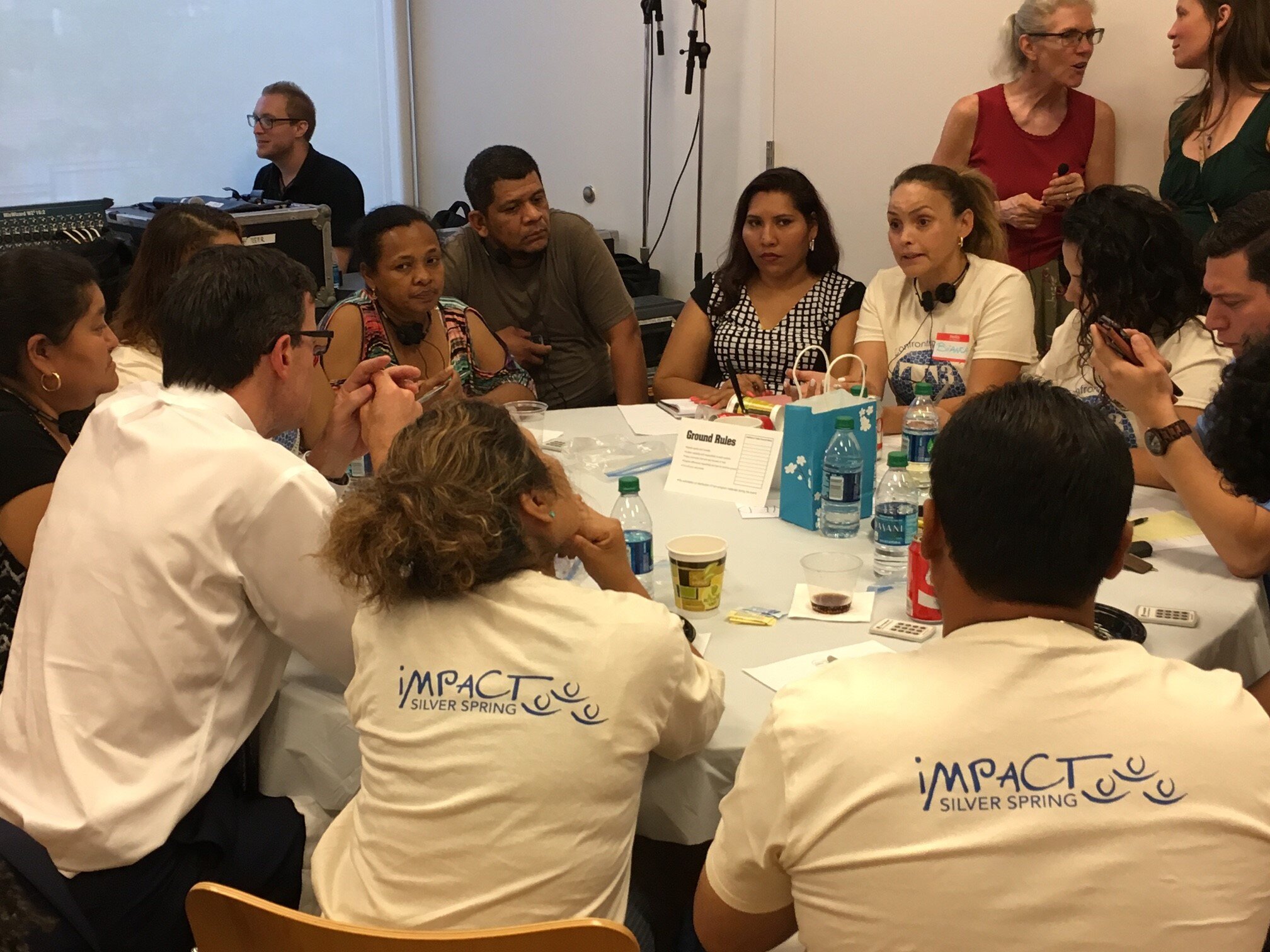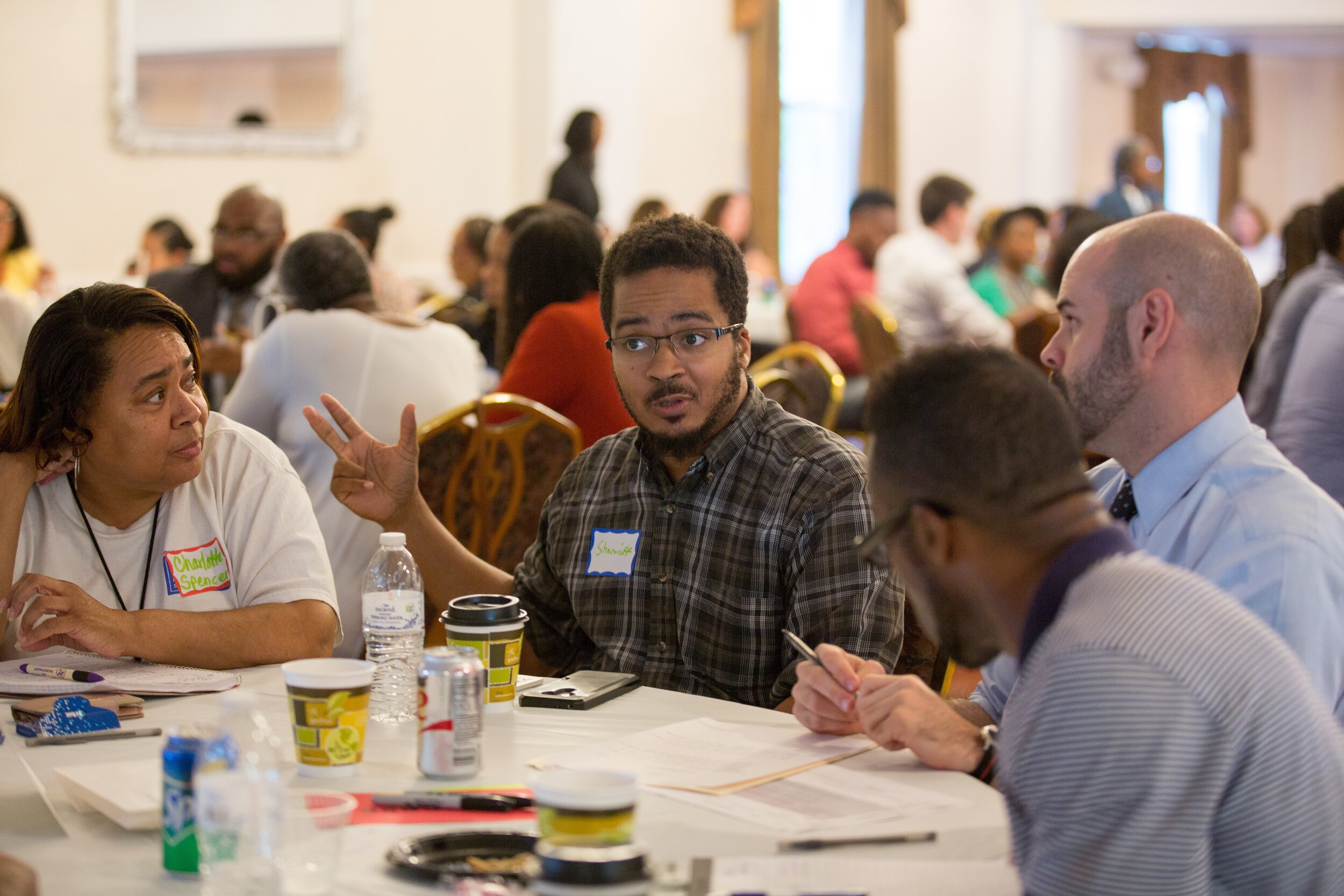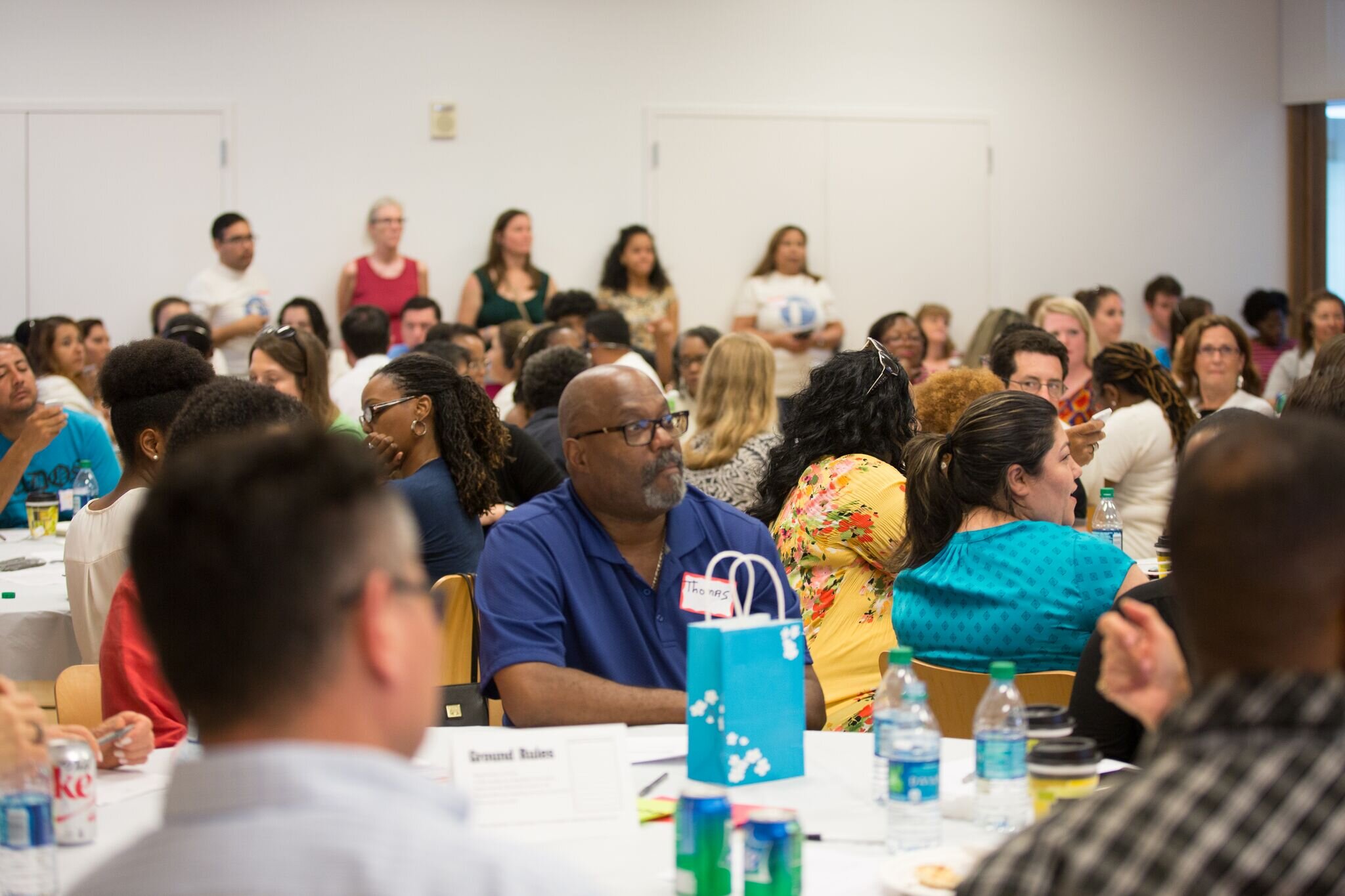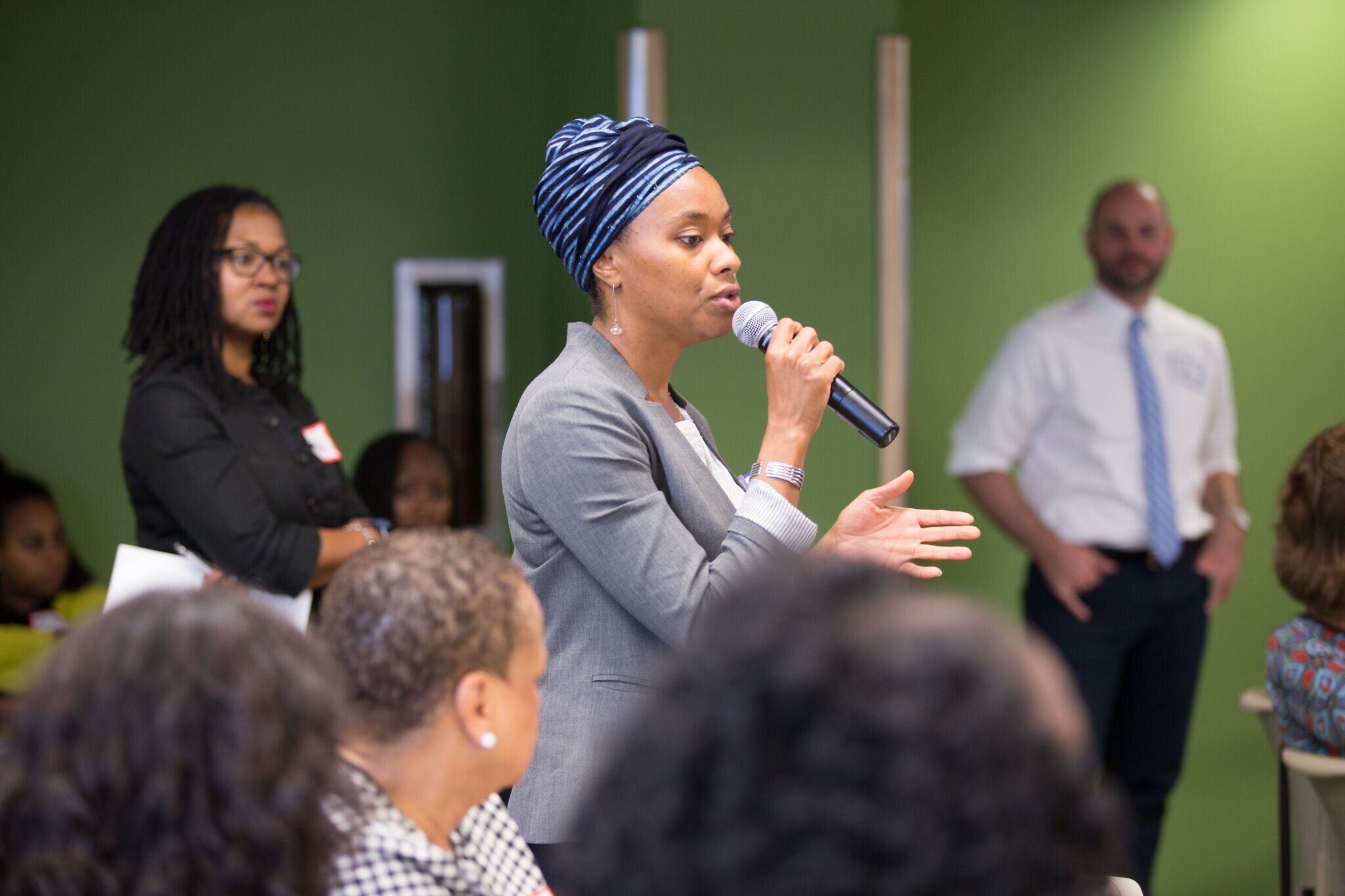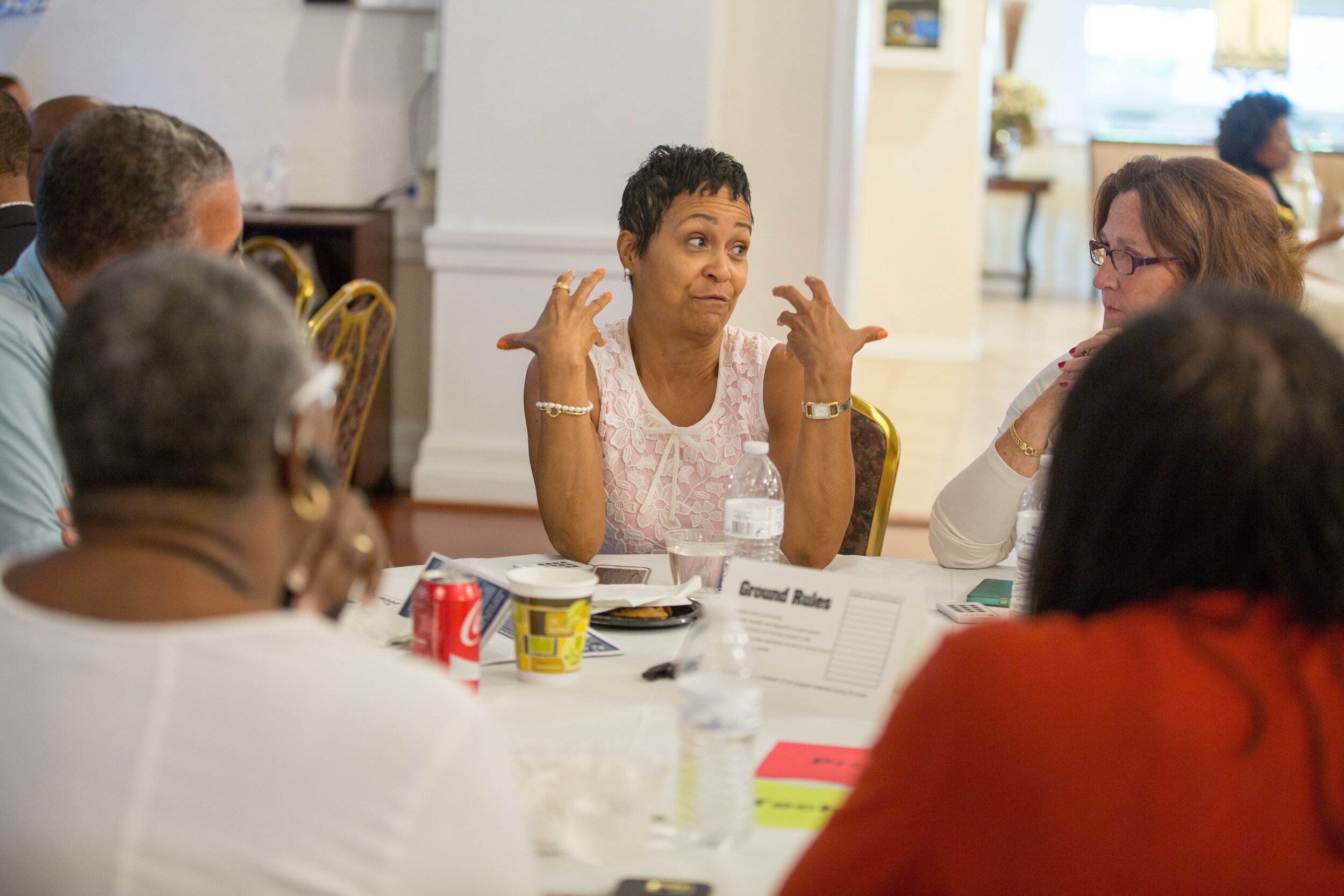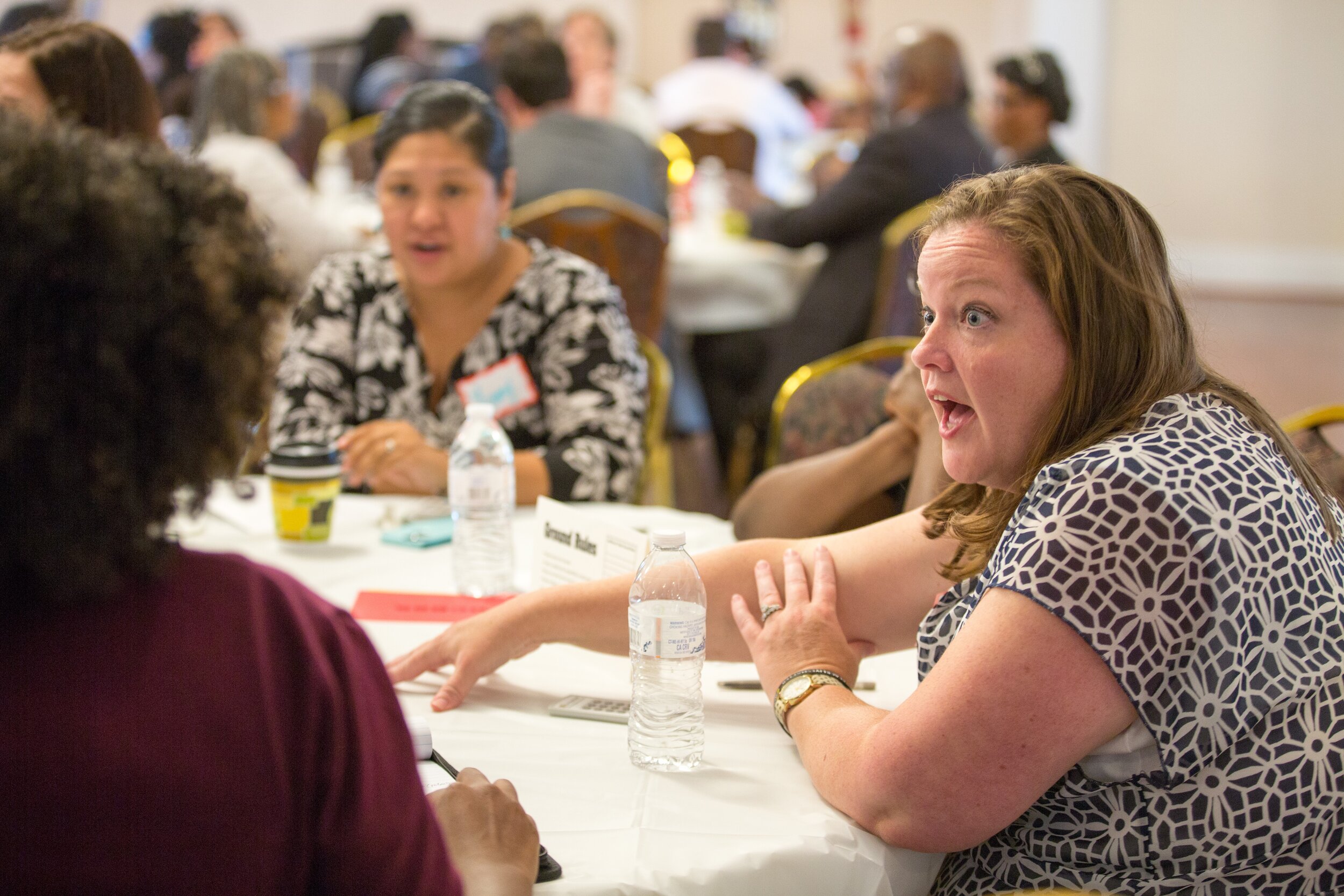By Brittany Owens, Community Investment and Donor Services Associate
The United States has made a lot of progress towards racial equity—but, even in today’s world, there are still stark injustices. Take the recent shooting of Ahmaud Arbery, a 25 year-old black man, killed by two white men while he was jogging in his south Georgia neighborhood. He was targeted because he allegedly “looked like a man suspected in several break-ins in the area.” It took months for local authorities to address the case.
It’s tragic and shocking incidents like these that continue to fuel my passion for racial equity and inclusion (REI) work, and inspire our REI focus here at The Community Foundation. Racial equity and inclusion, according to Center for Assessment and Policy Development, is “the condition that would be achieved if one's racial identity no longer predicted.” This means that, through REI, we are not only addressing the root causes of inequities—we’re also eliminating policies or attitudes that reinforce them.
Ignited by Experience
My own experience with REI, and inspiration to focus my career on it, goes back to my college years.
Owens (pictured top row, third from the left) with leaders at her university
For my undergraduate studies, I went to a small school in Tennessee—quite the change from my native Washington, DC. I’ll never forget one incident during Black History month, when some students wrote racial slurs on an internet site during the celebratory program my school was hosting. One of them especially striking: “Blacks should be grateful for whites because we freed them.”
After these posts surfaced, the school decided to address these issues by blocking the website and holding a school wide convocation. For some students, though, this wasn’t enough. We demanded that they take more concrete action to prevent similar situations from happening.
I gathered students to come and speak with the leaders of our institution and we crafted a list of ideas and actions the university could take. We wanted to see more diversity in faculty and staff and for the university to add a diversity officer and an African American history class. While it took time, some of the suggestions were fulfilled – though others have still not been offered, such as classes focusing on African American history.
While this incident was challenging, it was also motivating. I wanted to help inspire change through REI. And today, at The Community Foundation, I’m honored to be doing just that.
Britney Owens, at her pinning ceremony for social work during college
A Renewed Commitment to REI
At The Community Foundation, where I now work as a Community Investment and Donor Services Associate, we are working to build on a rich history of social justice grantmaking and community leadership initiatives. We have led funding collaboratives, like the Washington Area Partnership for Immigrants, the Resilience Fund, and the Common Ground Fund (which originated our acclaimed “Putting Race on the Table” discussion series) - and President & CEO Tonia Wellons felt it was time to refocus our commitment to REI.
One key way we’ve done this is by forming an REI Working Group, which leads discussions for staff at our organization. We meet once a month to read articles and discuss different REI issues, with the goal of continuing to grow into an organization that understands and can more fully center REI principles and practices in both our internal and external work.
In a recent meeting, we read and discussed The Case for Reparations by Ta-Nehisi Coates. We also watched his testimony on House Bill HR 40, legislation that would allow the exploration of reparations for African Americans. This has really set the tone for what we want to accomplish as an organization: providing equity and liberation to groups that continue to be impacted by systemic racism.
We are also working with external partners to educate and encourage an REI focus for the nonprofit and philanthropic sector in this region. We’ll participate in the inaugural Race, Equity and Future of Greater Washington Region Summit, tentatively rescheduled for this fall, to convene 800 regional leaders to examine existing disparities and co-create a new path toward a racially just and equitable region.
And, we are, more and more, infusing REI into our grantmaking. We recently made a commitment to ensure that at least 50% of our COVID-19 Emergency Response Fund nonprofit partners are organizations led by people of color. We hope this will inspire greater equity in the Greater Washington region; and, ultimately fuel the change we want.
What’s Next?
It’s been an honor to be part of our REI work at The Community Foundation, and I’m looking forward to continuing to help lead the conversation and engage our broader community. This is especially exciting as our region begins to stabilize after the COVID-19 pandemic. Those most disproportionately impacted by the pandemic have been people of color who were already marginalized before COVID-19 hit.
We want to help address the pre-existing inequities this pandemic has shone a spotlight on. We don’t want to just return to the way things were before; instead, we will re-focus on how we can rebuild our communities to be more equitable and resilient.
While we’re still figuring out what this will look like, I know that REI will be a part of it. And, so will I.




